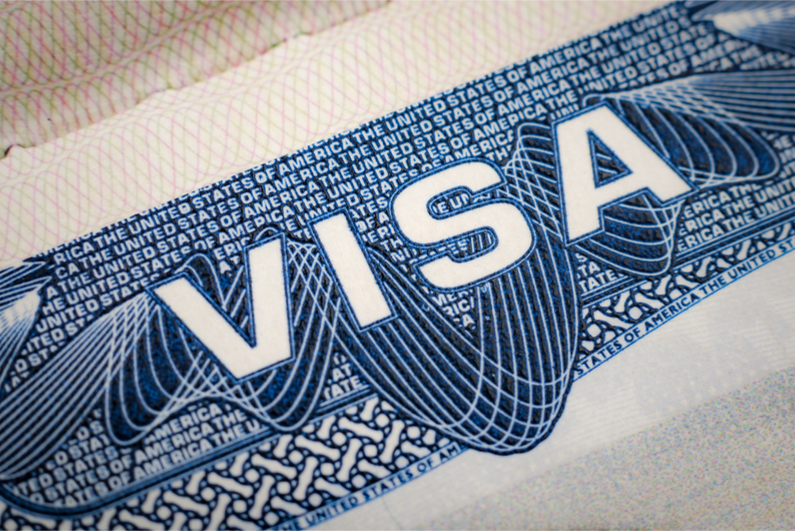Foreign investors were enticed to provide funds for the Lucky Dragon Casino in Las Vegas, as an investment plus an opportunity to gain permanent residency in the United States. Now that the property is bankrupt, the investors could end up losing not only their cash, but also their visa status.
Opened in November 2016, the Lucky Dragon Casino cost $165m (€141.9m) to create. The property was billed as the first casino in the region to have a specific design for Asian customers.
The venue was built with funds totaling $98.5m (€84.7m) from 179 foreign investors.
The investors provided backing for the project based on the EB-5 visa program, an immigration program that allows individuals to create jobs in the US via investments and, in return, they are given permanent residency.
Unfortunately for the investors, the casino closed back in January and it is headed to bankruptcy auction next week. Those who provided funds for the project could now lose their investment as well as their green card.
EB-5 Visa status
In 1990, Congress decided to create the EB-5 program to stimulate the US economy via job creation and capital investment from foreign investors. The United States Citizenship and Immigration Services administers the program, ensuring all regulations are followed as investments are made by foreign individuals.
To participate, a foreign investor must meet three requirements: invest $500,000 or more through an EB-5 regional center, demonstrate that the investment capital comes from a legal and traceable source, and complete a background check to ensure the individual and/or family members have not broken US immigration laws in the past or have a criminal record.
Investors in the Lucky Dragon met these criteria and, after investing, would be given permanent residency in the US. Now that the venue has closed, they face a huge problem.
Ryan Works, an attorney representing the investors of the casino, would like to see a new buyer of the casino, allowing his clients to retain some of their interest in the property.
Mr. Works said: “I’m hopeful we can preserve some equity for these folks, but also I’d like to see the immigration process succeed for all investors.”
Attorney for the Lucky Dragon, Samuel Schwartz, has disputed the investors’ claims, stating that everyone received preliminary approval for a green card and at least one individual had already been given a permanent residency card.
According to the U.S. Citizenship and Immigration Services, in general, an applicant who has been given preliminary approval for a visa will not automatically lose the opportunity to obtain a green card as a result of a property sale, if other job and investment criteria are reached.
Seemingly doomed from the start
The Lucky Dragon seems to have been doomed from the very start. The property was the first to be constructed from the ground up in post-recession Las Vegas, which was a major accomplishment, but the casino was unable to gain any traffic flow once open for business.
Despite the Asian theme, the casino was unable to attract regular visitors, not least from the Asia-Pacific region.
The location was a major issue for the property, as it is located west of Las Vegas Boulevard. In the surrounding area, there is little pedestrian traffic, which caused the venue to draw fewer than expected tourists.
